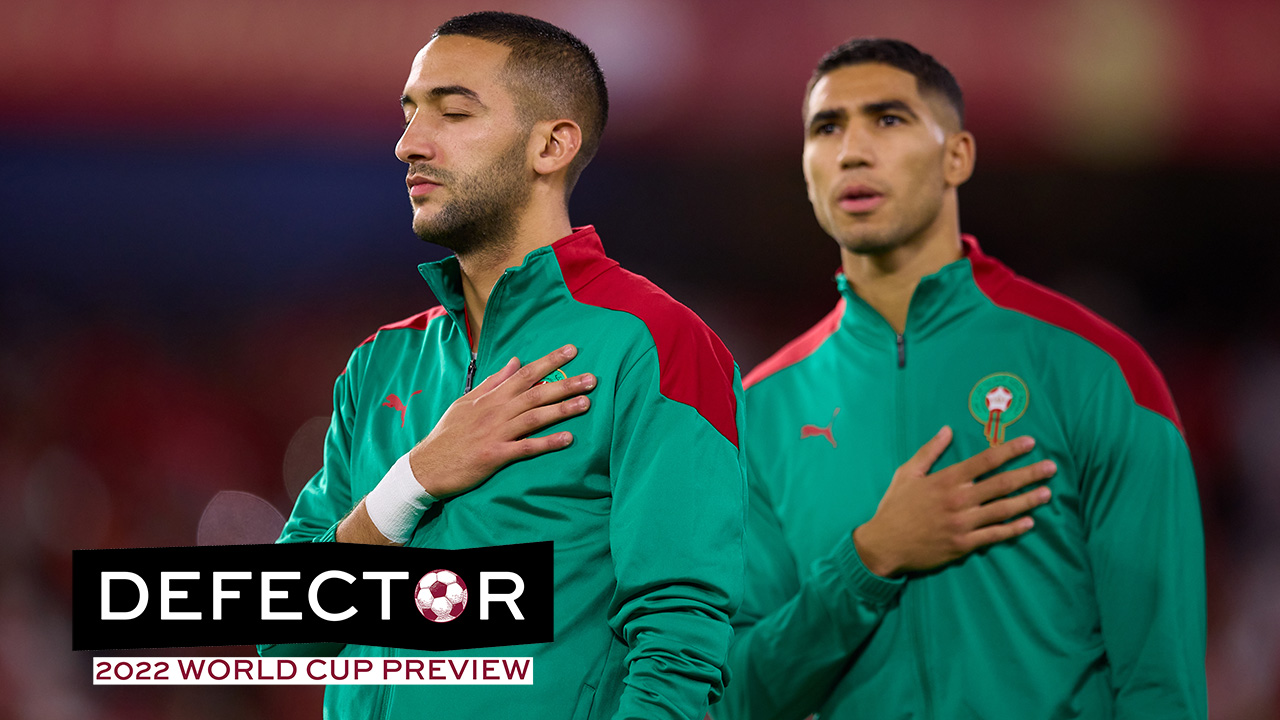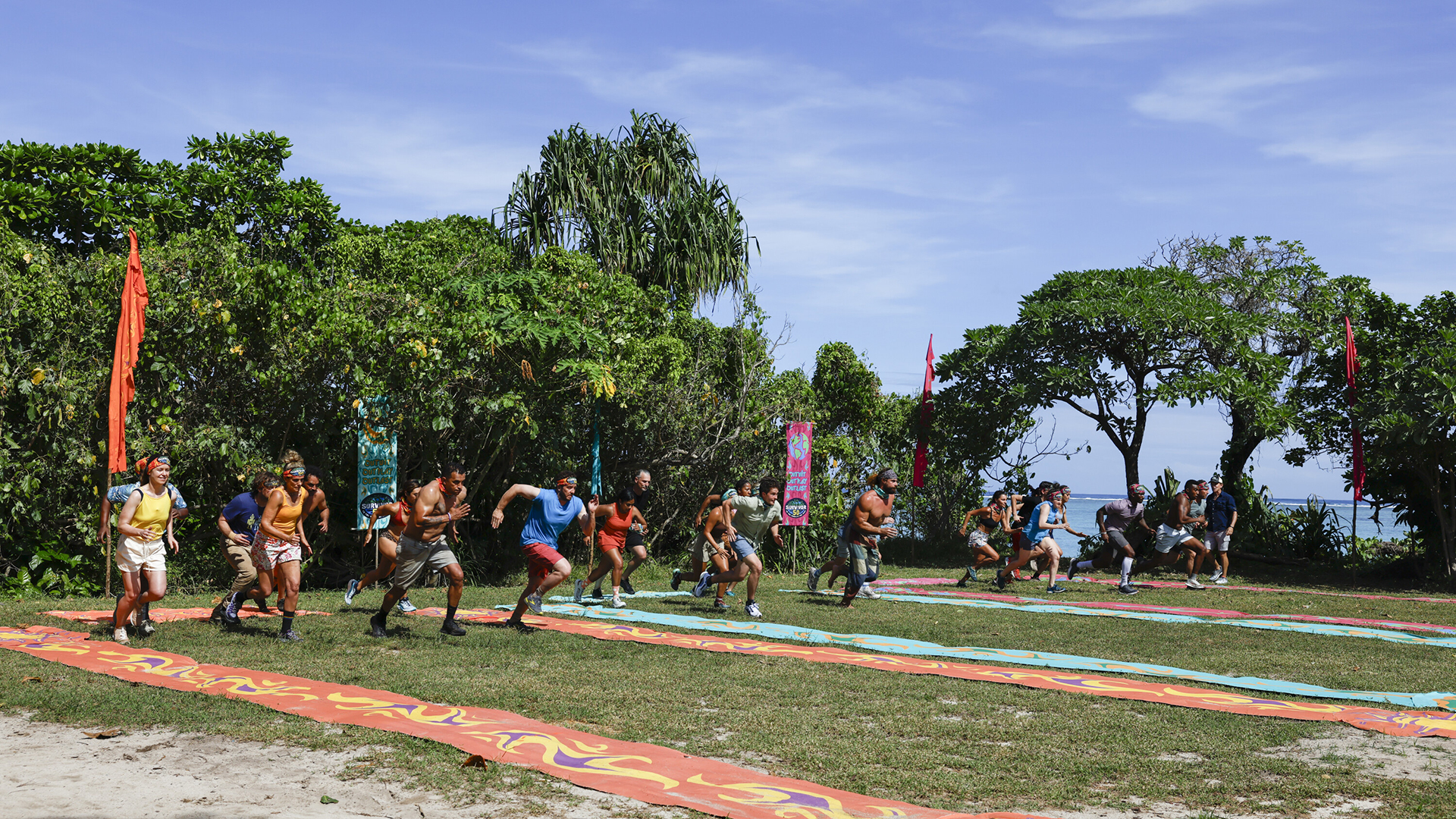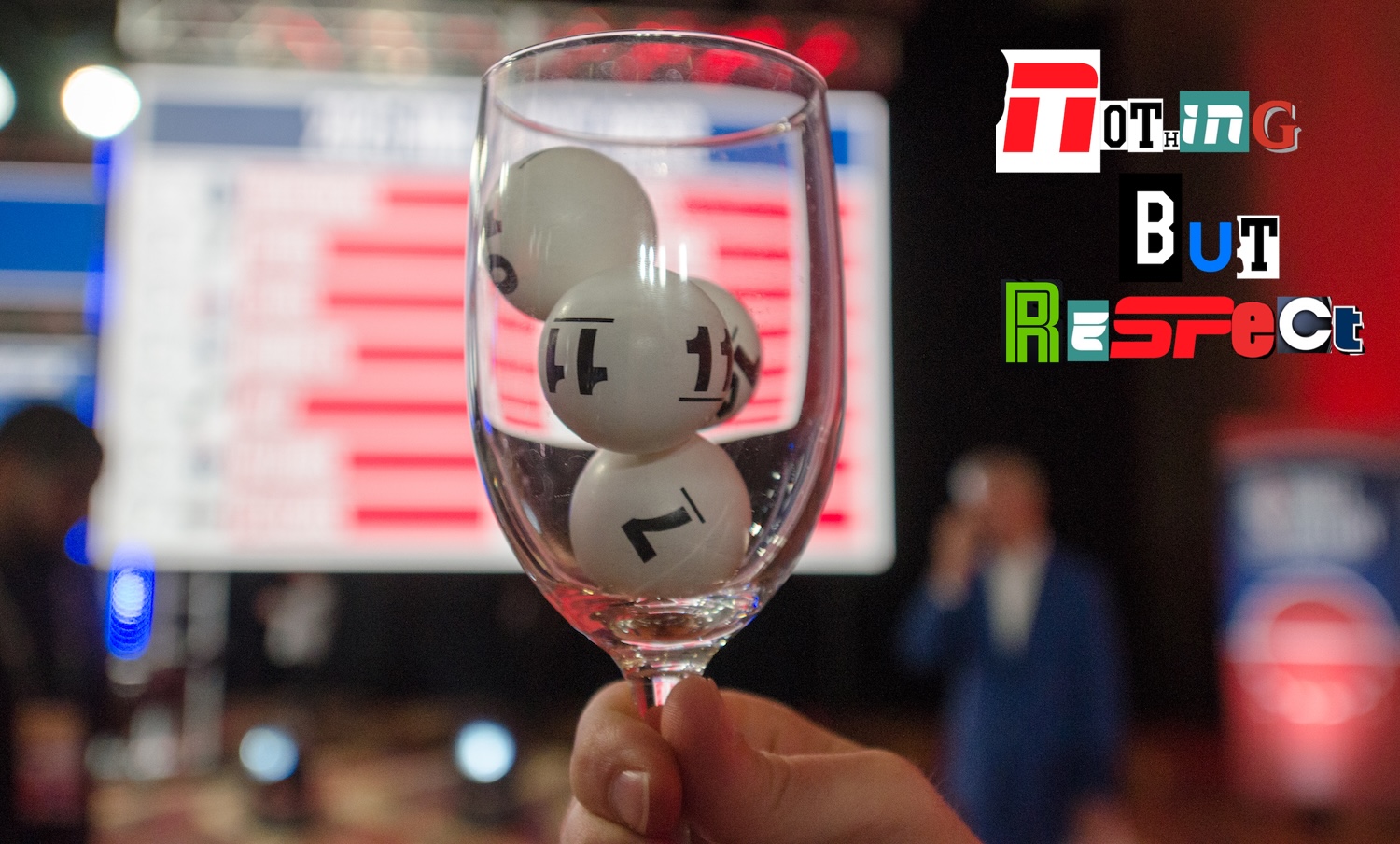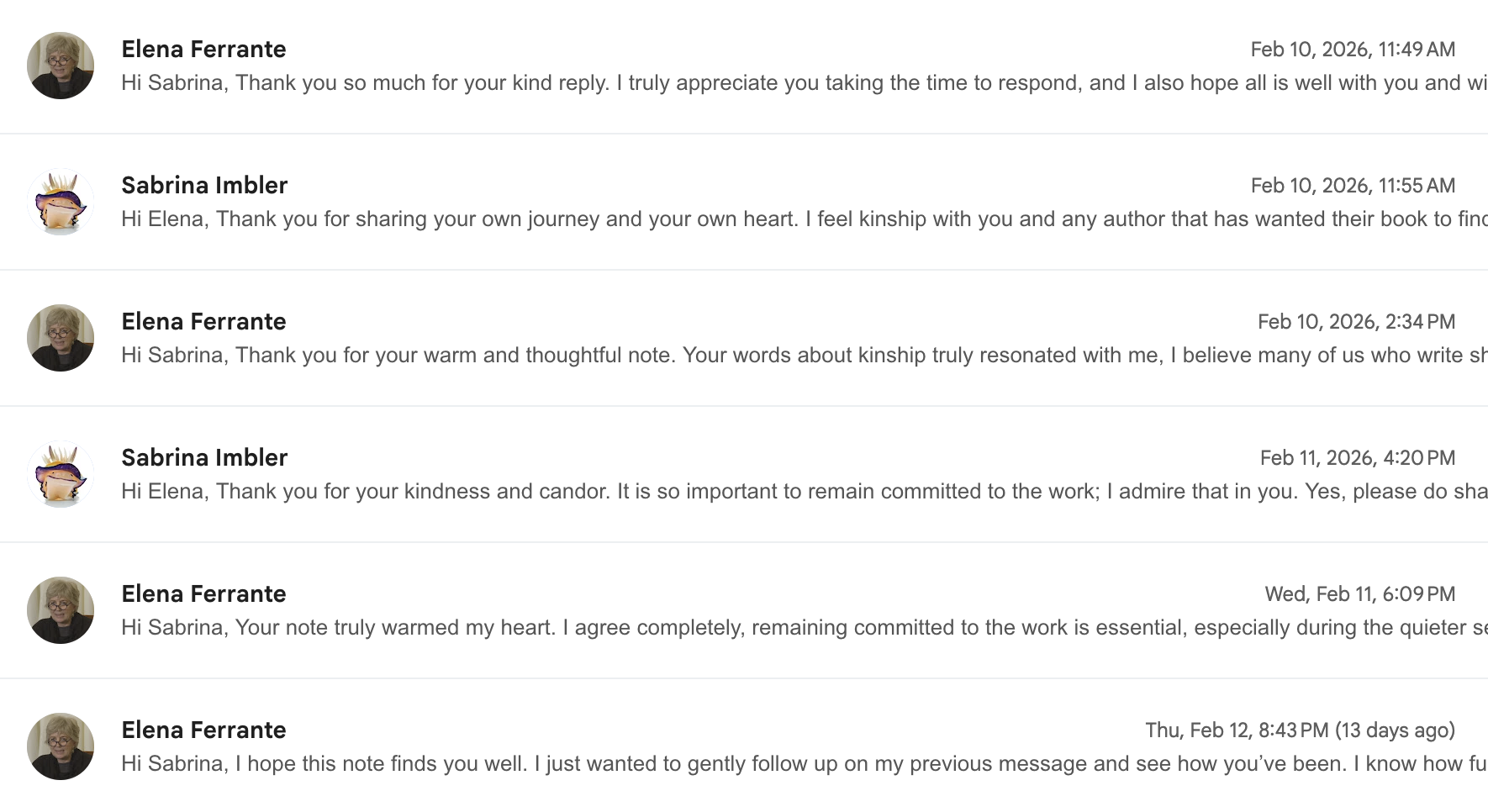It’s almost time for the 2022 World Cup. To help get you ready, we will be providing you with precious information about every team in the tournament. You can read all of our World Cup previews here.
For a team that zoomed through African World Cup qualifying with a record of seven wins and one draw, Morocco was not in a good place as recently as August. The reason for that was simple: Vahid Halilhodzic. The Bosnian manager who got Morocco through qualifying nonetheless was a problem for the side, given that he had ongoing with feuds with two of the best players in the national team pool. Chelsea's Hakim Ziyech and Bayern Munich's Noussair Mazraoui were both left out of the 2021 Africa Cup of Nations, and then both turned down invitations to play for the country for the third round of World Cup qualifying back in March.
For a side like Morocco that is not loaded with talent, the players generally win out in these struggles. This was the case, as on August 11, the country's soccer federation fired Halilhodzic—this is the third time the Bosnian has been fired after a successful World Cup qualifying campaign—and replaced him with Moroccan manager Walid Regragui, who had most recently coached at domestic club Wydad AC. With Regragui's hiring, the stars have returned: Ziyech and Mazraoui are both in the squad for the World Cup, reuniting the Atlas Lions with two of their better attacking weapons after a year away.
Of course, replacing a manager so close to the tournament isn't purely a positive. After all, the team still played extremely well in qualifying in spite of Halilhodzic's beefs, and now the group has to come back together with only a couple of friendlies to prepare. This team is young and inexperienced, on average, and that type of makeup only makes it more difficult to quickly adapt to a new system.
Where does that leave Morocco for the tournament? The draw wasn't particularly kind to the team, but the second spot in the group is not impossible. Belgium will likely finish first, but both Canada and Croatia have weaknesses that a team like Morocco can exploit just enough to nab the points needed to advance. Of course, Morocco is itself flawed, and that should make Group F one of the more open ones in the World Cup. Still, the team already had its biggest victory with the manager swap, and thus it goes into the tournament with much brighter prospects than they would have under Halilhodzic.
Who Is Their Main Guy?
Hakim Ziyech is back in the mix, but which Ziyech will Morocco get? Will it be the one who carried Morocco before he feuded with Halilhodzic and announced his retirement from the national team? Or will it be the Ziyech that Chelsea has been disappointed in since his blockbuster move from Ajax in the summer of 2020? The answer to that question might define Morocco's attack at the World Cup, because when he's at his best, Ziyech is a player capable of creating magic.
Even during his mostly failed stint at Chelsea, Ziyech has shown flashes of why he can be so important for Morocco. The man has never met a shot he won't take, and that helps put pressure on the defense once he gets the ball; in mostly substitute appearances over the last calendar year, Ziyech is still averaging 3.33 shots per 90 minutes for Chelsea, good for 92nd percentile among wingers in the top five leagues. He isn't selfish, though, and the creative part of his game might be crucial for a Moroccan side with talent but not much playmaking. Ziyech can advance the ball from wide areas or, especially, from the midfield, dishing progressive passes and completing dribbles at near-elite levels.
Unfortunately for both Morocco and Ziyech, there's not much time for Ziyech to integrate himself back into the team he hasn't played with for some time. He'll have to quickly develop chemistry with his fellow attackers, particularly Sofiane Boufal on the left wing, in order to help Morocco score enough to advance from the group stage. Ziyech is talented enough to singlehandedly carry the team, but his form is poor enough that he might need some help while he gets his national team sea legs under him once more.
Who Is Their Main Non-Scoring Guy?
Achraf Hakimi might end up being the most important player for Morocco at this World Cup. Even if Morocco gets the best version of Ziyech, this still might be the case. That is how good Hakimi is. The Paris Saint-Germain right back is a demon down the wing, playing more as a winger than a defender marauding forward. His statistics are among the very best for his position: he's in the top 15 percent of fullbacks for goals, assists, pass completion percentage, touches in the opponent's penalty box, and progressive passes received. He's also comfortable at leading counter-attacks with his blazing pace, and he's even a goal threat himself once he's broken free:
¡GOOOL DEL PSG!
— beIN SPORTS Español (@ESbeINSPORTS) November 13, 2022
Achraf Hakimi pone el 2-0 para los parisinos
🍿No te pierdas el PSG vs. Auxerre en vivo por beIN SPORTS Ñ.#Ligue1 🇫🇷 #PSGAJA pic.twitter.com/Yix0SKUvHh
In short, that means that Hakimi is always in position to stretch defenses and attack the backline into dangerous positions. For Morocco, this will translate quite nicely. Though Hakimi will surely miss having Lionel Messi on his flank, Ziyech is a fine analogue for the national team. The two should combine on the wing to overload opposing left backs, which will come in handy against, especially, Canada and its star Alphonso Davies. Any amount of pressure that Hakimi can help put on Davies to push him back will pay massive dividends on the other end in terms of cutting off Canada's attacking supply.
Hakimi's presence on the side does have one negative side effect; Mazraoui is also a right back by trade, but he is not as good or as vital to Morocco's success as Hakimi is. This means that the Bayern man will either have to be pushed out to the left, where he is not as effective, or he will have to ride the bench in favor of one of the true, and much less talented, left backs that Regragui is bringing with the side for the tournament. If Mazraoui does play on the left, though, this will give Morocco one of the best fullback pairings in the World Cup, particularly as they push forward in attack.
Where's The Beef?
Which teams or players does Morocco not like? Do Morocco's players like each other? We investigate their potential enemies.
With Halilhodzic gone, this section went from being incredibly easy to think about to extremely difficult, which is good news for Morocco. Instead, the main source of friction might come from striker Abderrazak Hamdallah.
On paper, he's one of Morocco's best finishers, and would be a boon on any lineup that Regragui puts out there. But his place in the team isn't quite that simple. Hamdallah was exiled from the national team in 2019, after he had a disagreement on the field with Faycal Fajr over a penalty kick. The now-31-year-old striker left the team's camp and has not appeared for the Atlas Lions since. Nonetheless, he was selected for the World Cup squad, and there will be pressure on Regragui to put him out there. There will also likely be equal but opposite pressure to keep a player thought of as stubborn and selfish to ride the bench, with Sevilla's Youssef En-Nesyri slotting in at the No. 9 slot instead.
Regragui's choice will likely help define Morocco's chances at success in the group stage. If he plays Hamdallah and there are no resultant chemistry issues, then everyone will likely forgive and forget past transgressions. If it backfires, then Hamdallah might be more of a distraction than an asset. It would make little sense, though, to bring Hamdallah and potentially sour the locker room without getting any advantage from him on the field, so I would expect him to at least sub on in the striker slot, if not start some games. This will be the development to watch for Morocco either way.
Most Likely To Go David Ospina Or James Rodríguez Mode
Who is the Morocco's best candidate for a breakout performance that earns them a career-changing transfer? Might this potential post-tournament transfer go well, like when Colombia's James Rodríguez went to Real Madrid after starring in the 2014 World Cup? Or could it go poorly, like when Colombia's David Ospina went to Arsenal after starring in the 2014 World Cup?
Abdelhamid Sabiri isn't the flashiest Moroccan player, but he's the key to the midfield. This is something he already has experience with, as he has been a rock-solid addition to Sampdoria's midfield since move there from Serie B's Ascoli in January. For the low price of €3 million, Sampodria got a midfielder who is both versatile (he's has played all over the midfield line and also in attacking positions) and talented with the ball at his feet.
Sabiri is not really a possession machine, but what he does bring to the table is above-average dribbling, a nose for shots, and charges into the box from midfield. All of these tools make him a valuable addition to sides that need an extra bit of oomph from more withdrawn players. Sabiri is big, too; his tall, solid frame helps him muscle off both defenders coming after him and attackers on the other end, giving him the physical ability to be a well-rounded box-to-box midfielder.
In all, this makes him unspectacular but steady, and there's value in that for a side that needs a replacement for Younes Belhanda, the former midfield general that played in this spot at the 2018 World Cup. If Sabiri can slot into Belhanda's old role and provide Ziyech, Hakimi, Mazraoui, and the rest of Morocco's more attacking players with support, there is a chance of a move to a bigger club than Sampdoria. After all, most teams understand and appreciate the value of well-rounded midfielders, and these types of players tend to be safe bets on the transfer market. Sabiri won't wow anyone and go James Rodríguez mode, but it would be a real shock if this World Cup doesn't propel him to new heights in his career, just as he hits his prime.
David Ospina Mode Probability Score: 11.3
James Rodriguez Mode Probability Score: 31.6
Fun Geographical Fact
Morocco is one of just three countries to border both the Atlantic Ocean and the Mediterranean Sea, along with Spain and France.
Good Flag Or Bad Flag?
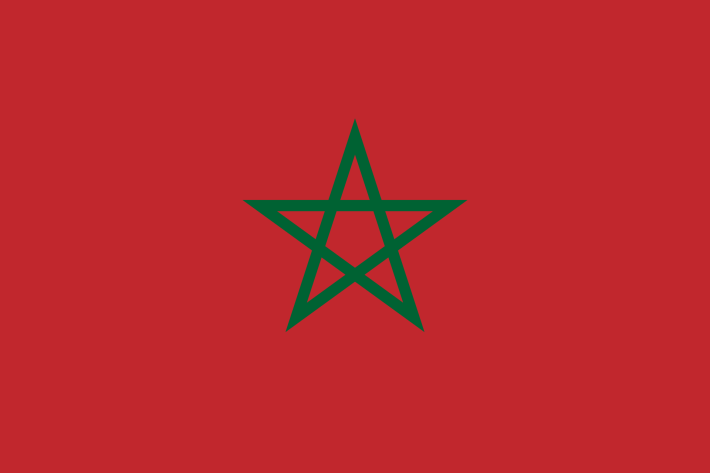
Sometimes, simplicity is the way to go. While I wish the green star was a bit lighter, so as to be more prominent, Morocco has a very good flag. It gets bonus points for how good the two colors look on the team's kits.
Good Anthem Or Bad Anthem?
This is exactly what I want from an anthem. The lyrics are inspiring without dipping too much into blood and gore, and it's both short and rousing enough to work as a battle cry without overstaying its welcome. Good job, Morocco.
Notable Moment In World Cup History
While the 2–2 draw against Spain in 2018 is probably the best game Morocco has been a part of at a World Cup, its shining moment actually came in 1986. During that tournament Morocco became the first African team to reach the round of 16. That side accomplished that feat in dominant fashion. After drawing both Poland and England 0–0 in the group stages, the Atlas Lions beat Portugal 3–1 in the final game to not just advance into the round of 16, but actually win the group.
Unfortunately for Morocco, West Germany finished second in group E, leading to a round of 16 matchup between one of the better sides in soccer history and a side in only its second World Cup as an independent country. Even so, Morocco played well against the Germans, holding on to yet another 0–0 draw until the 88th minute, when Lothar Matthäus scored a screamer of a free kick to win the game for the eventual finalists.
Morocco has played in three World Cups since, but the side has never come as close to a quarterfinal spot again. For almost an entire match in 1986, though, the country proved it could hang with the big boys, and the current Moroccan side will hope to replicate those successes in Qatar.
How Can They Win The World Cup?
Morocco is going to be a test case for how much vibes can impact a team's performance. After years of feuds and back-and-forth with Halilhodzic in charge, the team seems to be all smiles heading into Qatar under Regragui. For underdogs, which Morocco surely is even in its manageable group, a lot of things have to break right, and teams playing with both joy and confidence can make those things happen. So, riding high into the first game against an aging Croatia, Morocco shocks the 2018 finalists with a 1–0 win in the dying embers. It then buckles down and flummoxes Belgium 0–0 in the second game, before nabbing another 1-0 win against Canada, courtesy of Ziyech.
That puts Morocco on the easier side of the bracket, away from Argentina and Brazil. The team beats its direct neighbor to the north in the round of 16, toppling the Spaniards in penalty kicks, before shutting down Son Heung-min and South Korea in a battle of surprise quarterfinalists. At this point, Morocco is ascending to a new level of raucous self-belief, something that carries them to a 4–0 win over an English team that started all of its right backs at once for some reason.
That puts Morocco in the final, where Brazil forfeits due to sheer exhaustion after getting through a violent penalty shootout victory over Argentina in what unimaginative pundits called "the real World Cup final." Morocco becomes the first African team to win the World Cup, and the entire team sends a group selfie, middle fingers up, to Halilhodzic during the locker room celebrations.
